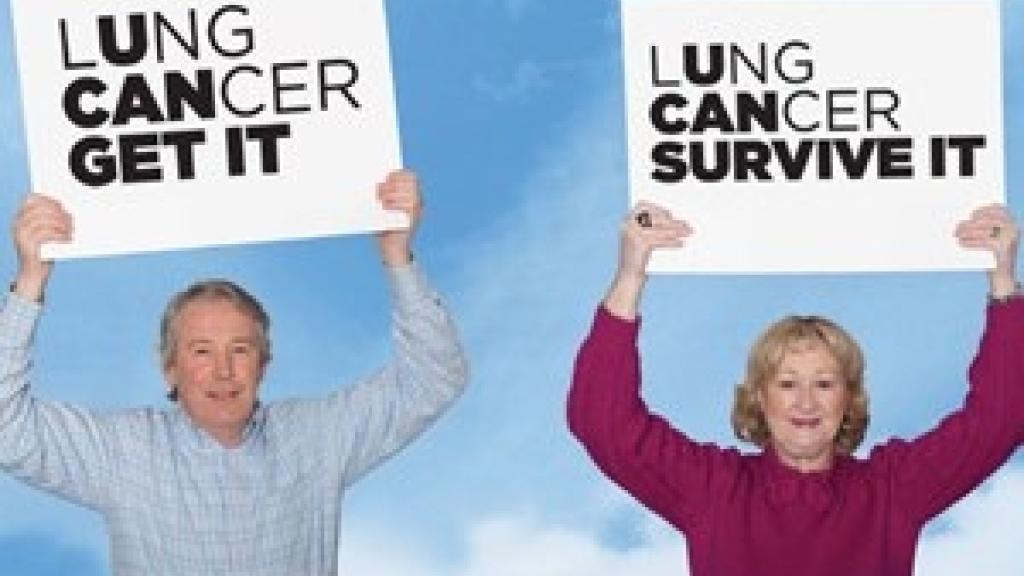
Irish women ranked among highest in Europe for lung cancer mortality
Irish women are among the highest in Europe for lung cancer in terms of incidence and mortality, according to the recent report from the National Cancer Registry of Ireland. Lung cancer mortality for Ireland is 34 per cent higher than the EU average and it accounts for 18 per cent of cancer deaths in women. This worrying trend tells us that significantly more Irish women are dying from lung cancer than other European countries. As the Irish Cancer Society launches Lung Cancer Awareness Month, the Society is calling on the public to reduce their risk of lung cancer and to be aware of the symptoms of the disease.
Lung cancer is Ireland’s fourth most common cancer with 2,175 cases diagnosed in 2011. It was by far the single most common cause of cancer death in Ireland during 2010-2012 with approximately 1,800 deaths annually. While the incidence rate of lung cancer declined steadily in males at almost one per cent annually during 1994-2012, it increased significantly in females at over two per cent annually over the same period. Equally, the mortality rate decreased significantly at almost two per cent in males but increased at 0.5 per cent annually in females. The change in the rates of incidence and mortality for lung cancer can be attributed to smoking prevalence amongst females in Ireland.
Kevin O’Hagan, Health Promotion Manager at the Irish Cancer Society said: “We are concerned that high lung cancer mortality rates in Irish females are substantially higher than the EU average. We are attributing this to the high rates of smoking among Irish women. As 90 per cent of lung cancer is attributed to smoking, giving up smoking is the single most important thing any smoker can do to reduce their risk of cancer. We are encouraging smokers to avail of the many supports available to them to quit, call the HSE Quit Team on 1800 201 203, get support from www.quit.ie or speak to a doctor or pharmacist.”
The Irish Cancer Society is reminding the public to get to know the signs and symptoms of lung cancer and to act quickly. With early detection, patients can have more effective treatment options and potential cures available to them. All patients can now be fast tracked through to early diagnosis and treatment through the Lung Cancer Rapid Access Clinics which are in operation in all eight of the designated cancer centres. This has resulted in a steady improvement in lung cancer survival from 10 per cent to 15 per cent over the last 15 years.
Anyone who is concerned about cancer should contact the Irish Cancer Society’s National Cancer Helpline Freefone on 1800 200 700 to speak to a specialist cancer nurse who can offer information, advice and support or visit www.cancer.ie. Smokers looking to quit smoking can call the HSE Quit Team on Freephone 1800 201 203 or Freetext QUIT to 50100. Visit www.quit.ie where support is available from smoking cessation counsellors.
The signs and symptoms of lung cancer are:
- A cough that doesn’t go away or a change in a long-term cough
- Feeling short of breath or wheezing
- Repeated chest infections that won’t go away even after antibiotics
- Coughing up blood-stained phlegm (sputum)
- Pain in your chest, especially when you cough or breathe in
- Feeling more tired than usual and/or unexplained weight loss
- Hoarse voice, problems swallowing or swelling in the face or neck
